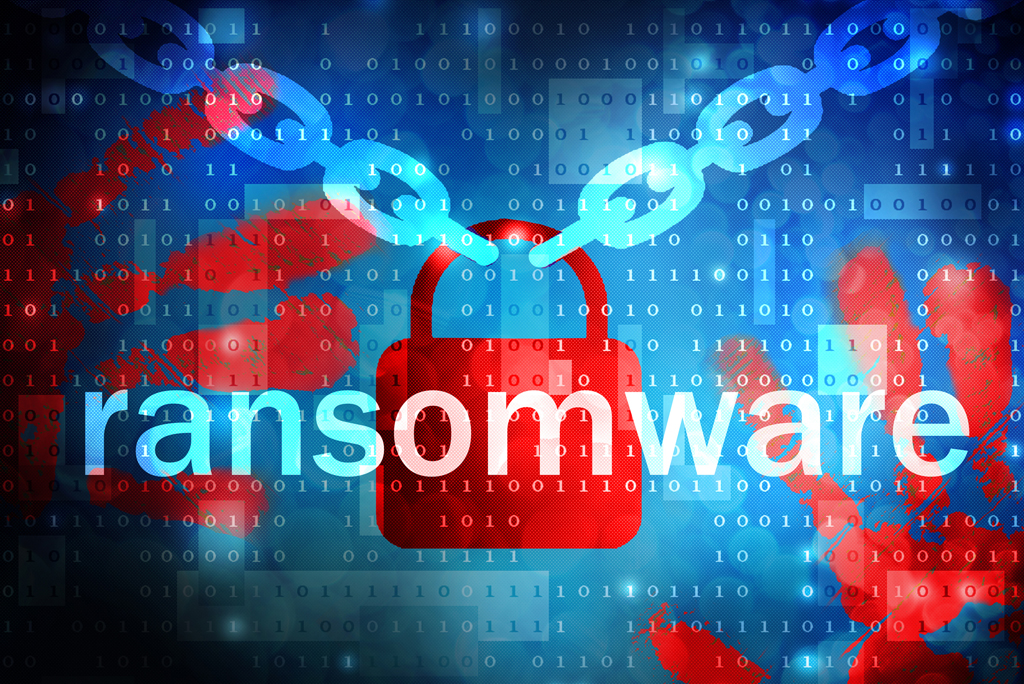In the first three quarters of 2019, ransomware attacks reached 151.9 million, a number that concerns organizations across all industries. Ransomware attacks on hospitals, however, seem to be the most common, and these five reasons highlight why that’s the case and how you can protect hospital data.
1. Losing sensitive data puts patient safety at risk.
Hospitals rely on their electronic patient records to administer the right medicine and perform surgeries. When ransomware locks that data, hospitals need to delay patient care, postpone or cancel surgeries, and even transfer emergency patients to other hospitals. To avoid this, they often see paying the ransom as the only logical and safe solution.
2. They’re potentially lucrative targets.
Hospitals are the perfect targets for ransomware because cybercriminals think they can make a lot of money from the attack. This is why attackers often set higher ransoms when targeting healthcare organizations. Hospitals in turn see paying the ransom as a less expensive option than rebuilding their systems from scratch.
3. Outdated IT infrastructures
Many hospitals still use outdated devices and operating systems. This ultimately makes the cybercriminal’s job easier, because outdated systems often lack security patches to prevent a potential data breach. Cybercriminals constantly update their tools, so outdated systems without the latest software patches don’t stand a chance in an attack.
4. They lack backup and recovery plans.
Many healthcare organizations don’t back up all their data and develop a proper recovery plan. Therefore, when an attack happens, they often see paying the ransom as the only way out.
5. They lack cybersecurity training.
Nearly 32% of healthcare employees have never received cybersecurity training at work. Instead of providing this training, hospitals focus mainly on HIPAA compliance. They don’t realize that their IT systems are only as strong as their weakest employee.
How to protect data from ransomware attacks
The best way to protect patient data and other sensitive information is to learn how to prevent ransomware attacks. Here are the best ways to do it.
1. Install industry-grade security software.
Your security software should consist of the latest antivirus, anti-malware, and anti-ransomware software. Make sure you update them regularly since new updates always come with bug fixes and security patches.
2. Provide regular cybersecurity training.
Your entire staff should know how to protect data from ransomware attacks. They should know how to secure all the devices they connect to the hospital’s network, especially if they use their smartphones at work.
This is especially important if you have any remote employees. Make sure they understand that public Wi-Fi is their biggest enemy, because anyone could use it to break through the connection, and access your hospital’s system.
3. Be extra careful with emails.
Make sure you and your staff never click on any suspicious links in emails, especially executable files. They usually come from seemingly trusted sources, so be extra careful.
4. Backup your data.
When you backup every piece of data, you won’t ever have to worry about ransomware. Even if it happens, cybercriminals wouldn’t be able to scare you, since they’d hold nothing against you. Backup all personal and sensitive data both locally and in a secure cloud. Be sure to keep multiple backups in different places, in case a potential attack manages to encrypt your latest backup.
5. Develop a recovery plan.
If you put a ransomware attack data recovery plan in place, you can easily restore your latest backup points. This means that you can restore all your encrypted files instantly.
6. Regularly perform cybersecurity risk assessments.
A cybersecurity risk assessment will help uncover potential vulnerabilities within your network. You can have clear insight into your strengths and weaknesses, which will help you apply effective strategies for protection. You’ll also be able to put the right healthcare IT solutions in place to secure your entire IT infrastructure.
For more information
Don’t let your patient data sit unprotected against a ransomware attack. Contact Scale Technology today at (501) 213-1732 to request a consultation.



